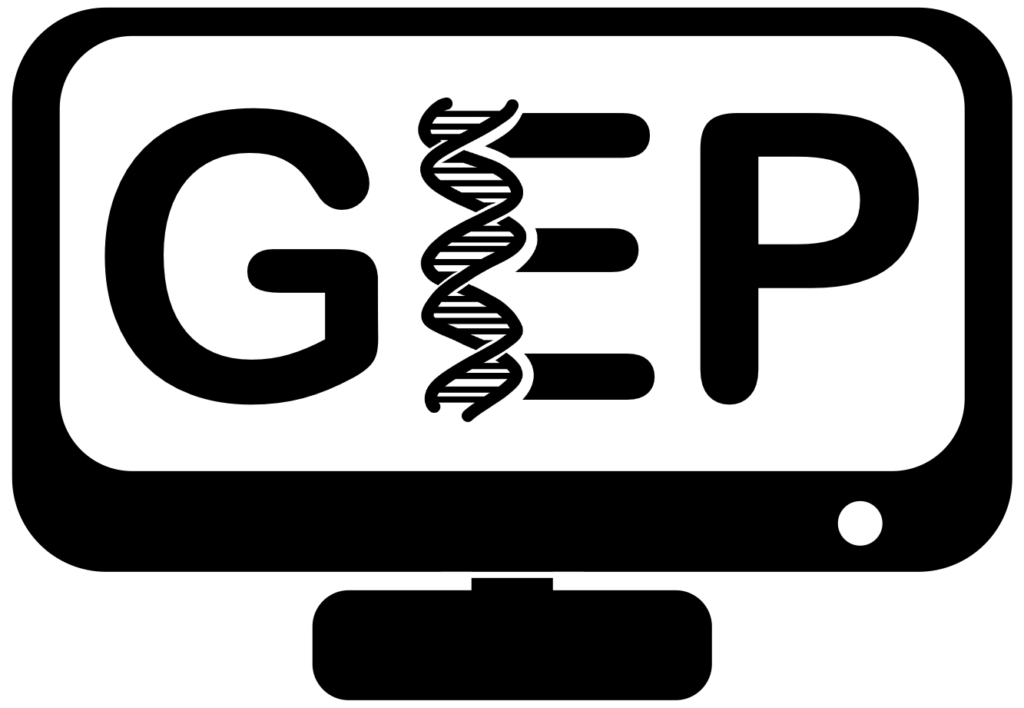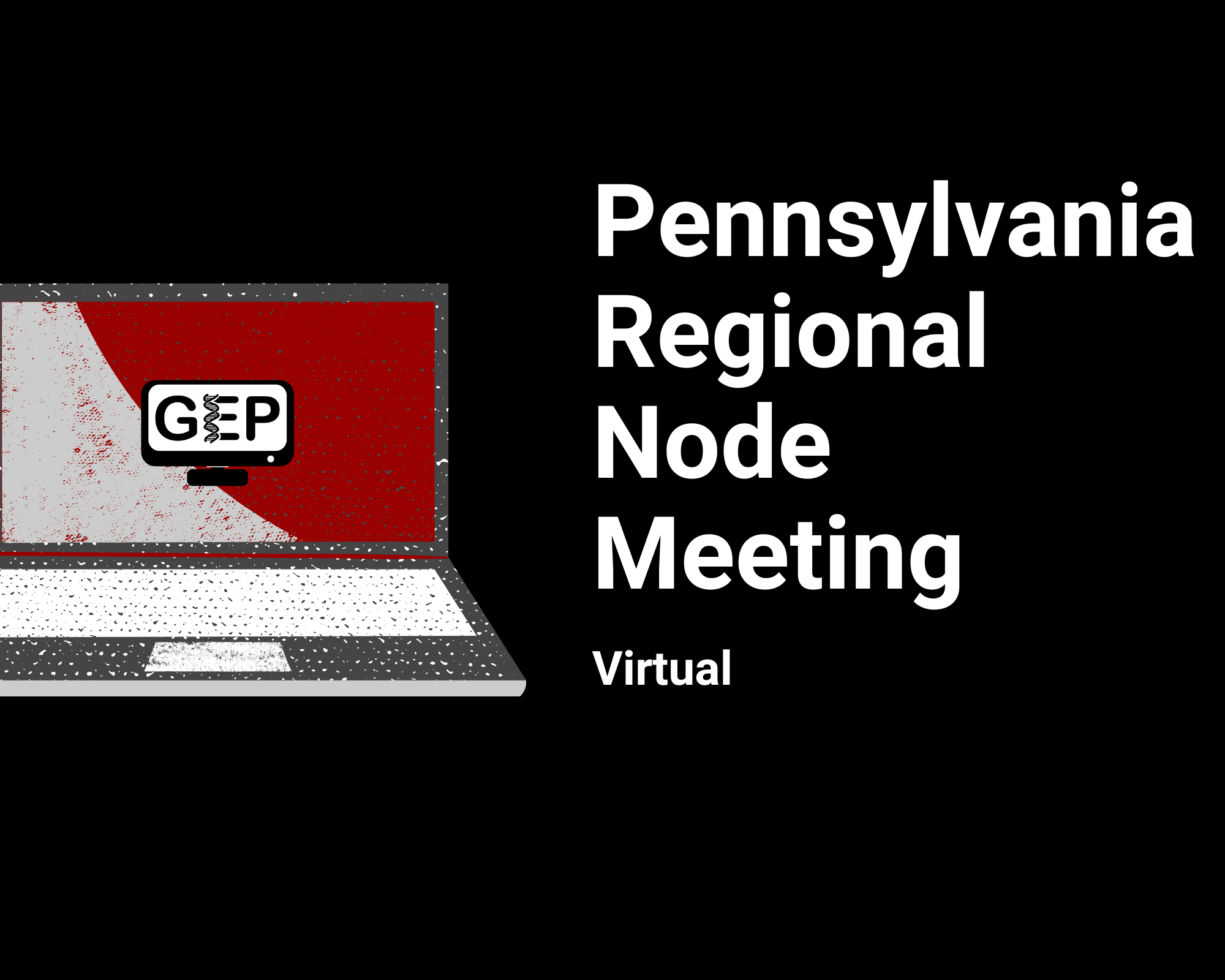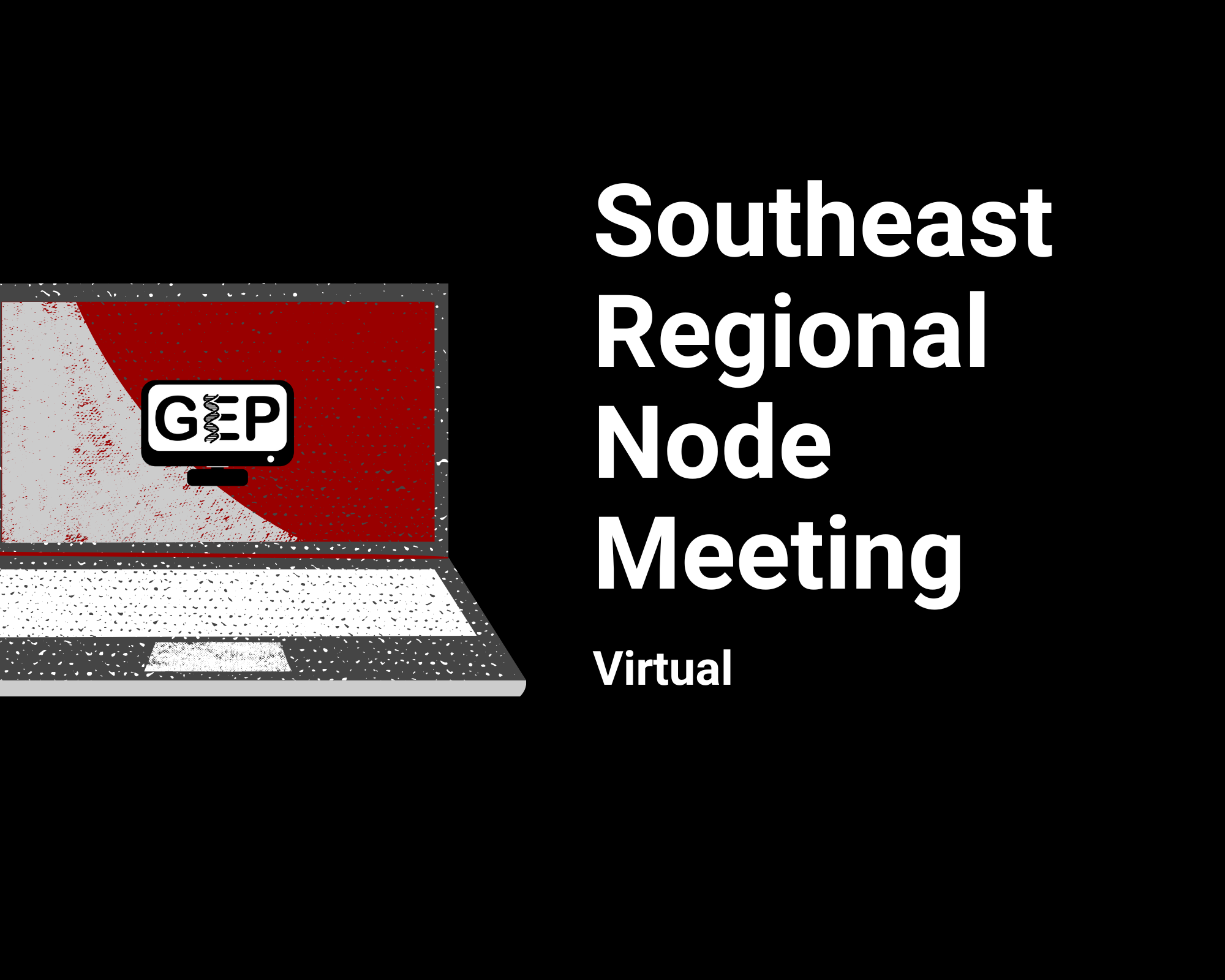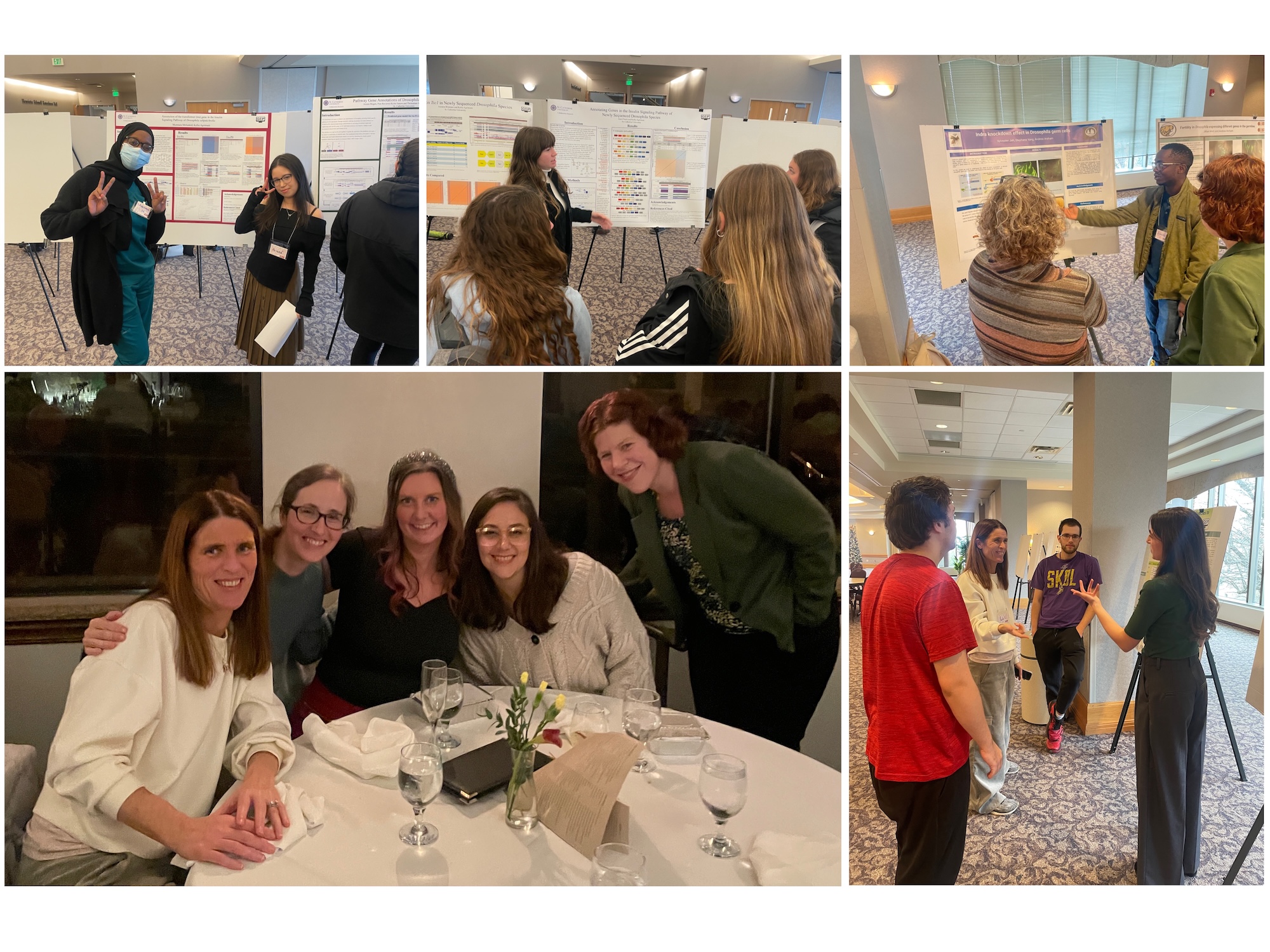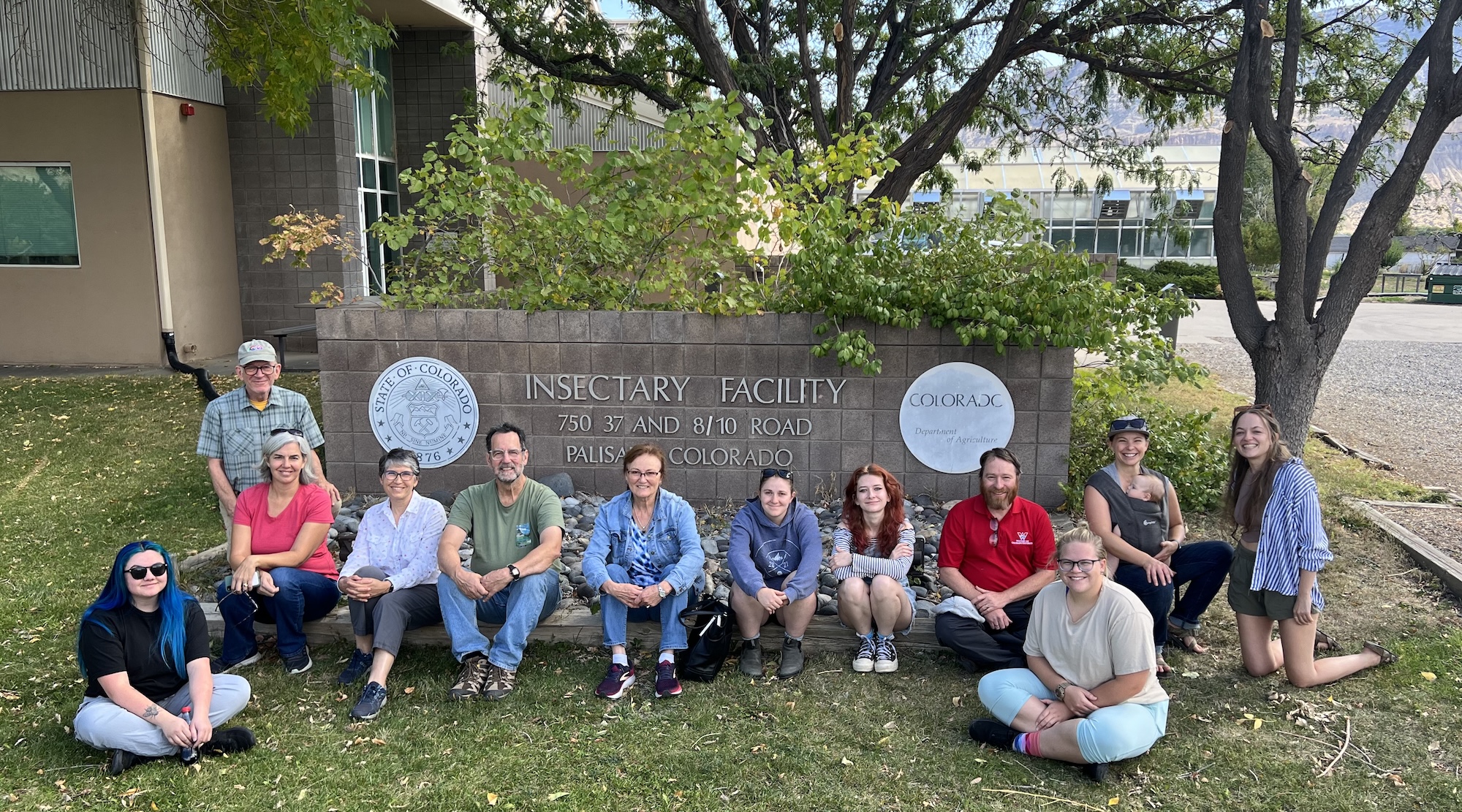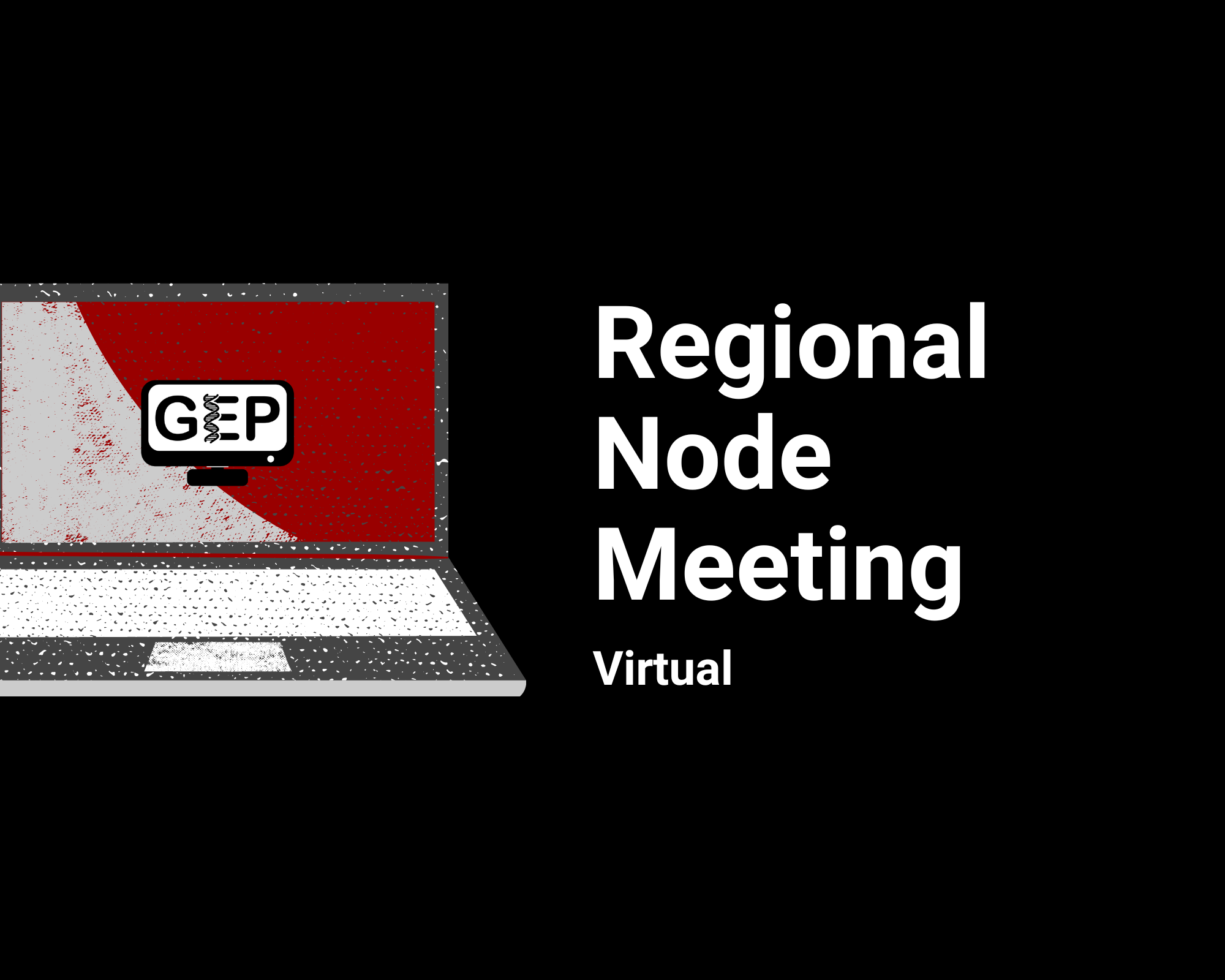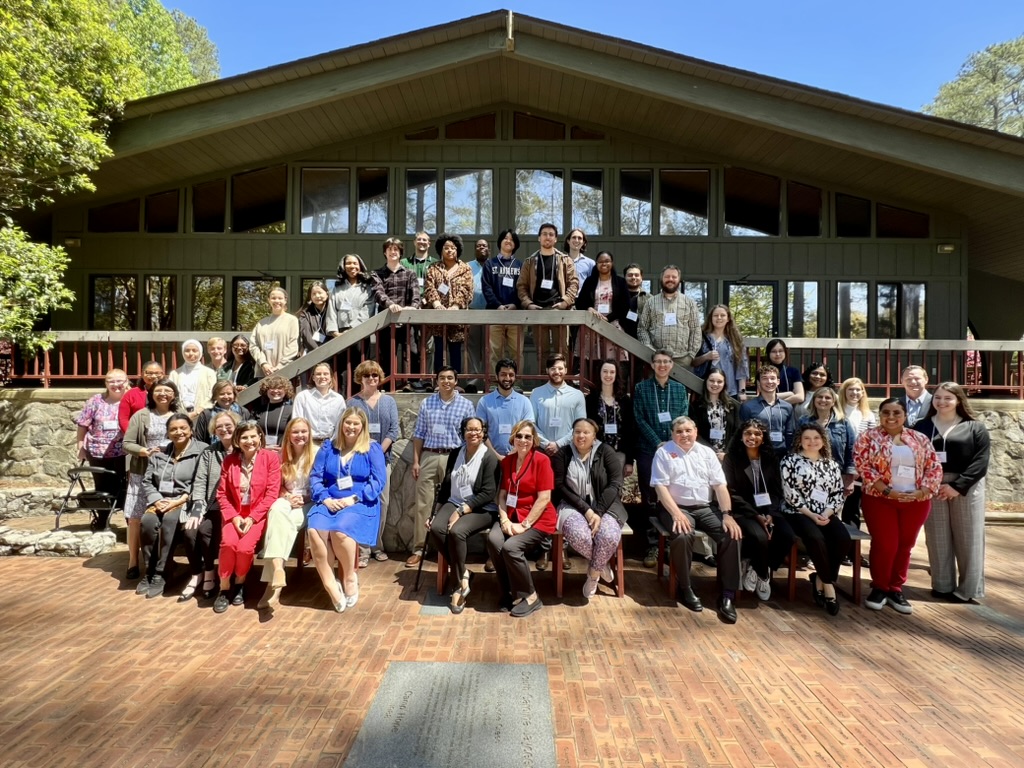In April 2019, the GEP was awarded funding by the NIH’s Innovative Programs to Enhance Research Training (IPERT) to sustain and develop centralized support and regional training. A main focus of the IPERT grant is to increase faculty and student engagement in the GEP by leveraging the available regional clusters of participating GEP institutions (Regional Nodes).
Each of the 13 Regional Nodes can offer Regional Node Meetings (symposia) and/or Regional Node (New Member) Training. The Regional Node Meetings serve the dual functions of allowing undergraduates to present their work to other scientists, and faculty to learn, collaborate, mentor, and develop curricula. The Regional Node Training workshops expand the timing and location options for GEP training, thereby increasing participation while testing a new regional training format. A particular goal of these Regional Node activities is the recruitment and support of new members from Community Colleges.

